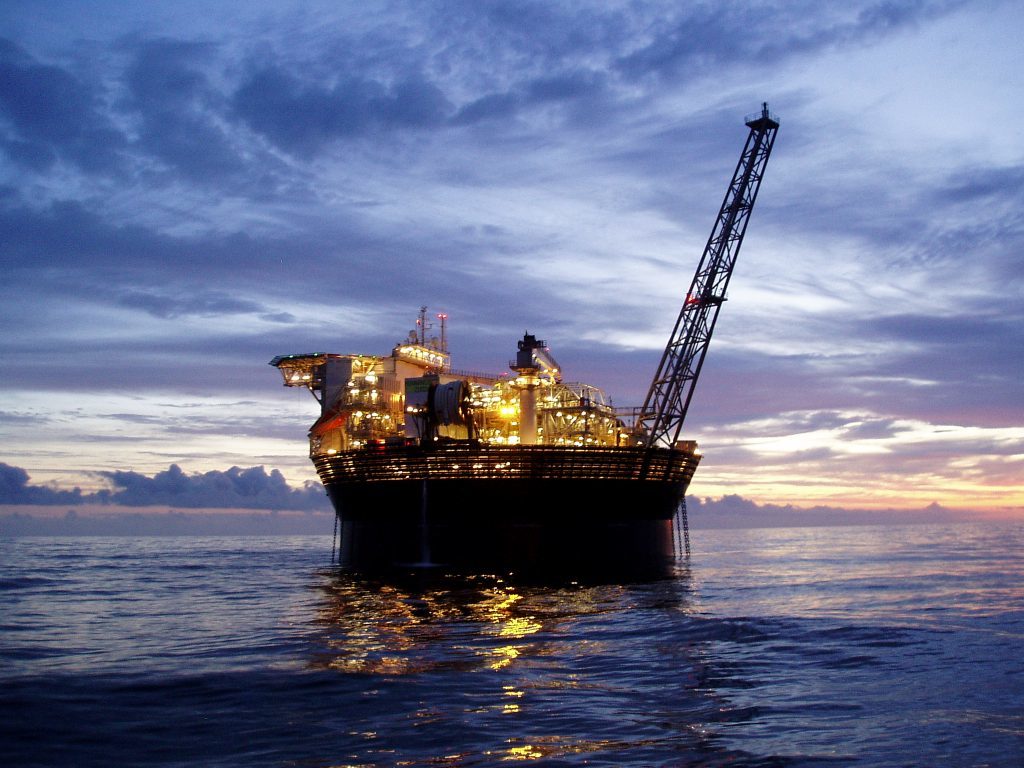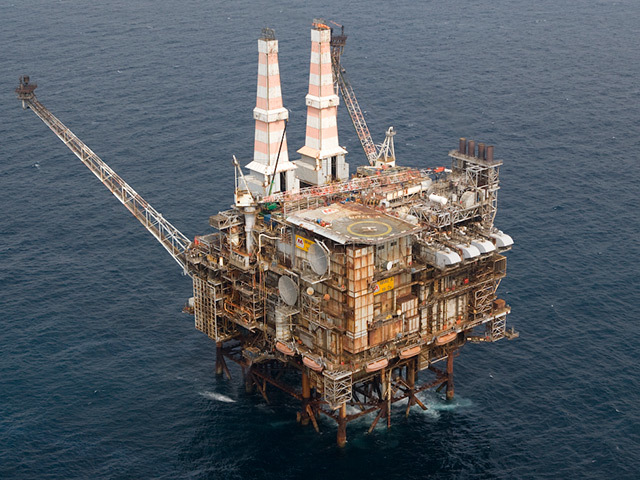
As some of the North Sea’s private equity-backed players prepare themselves for public listings, 2020 is expected to be a “big year” for gauging the size of investors’ appetites.
Shaun Reynolds, oil and gas transactions services partner at Deloitte, said private-equity houses ultimately need an exit, and initial public offerings (IPOs) are the traditional route to do so when it comes to $1 billion-plus portfolios.
“There are two or three that are looking to IPO and they will be speaking to potential investors in the next year to see whether there is appetite,” he said.
“The answer could have a big influence on how the basin evolves.”
Institutional investors are increasingly factoring climate change into their decision-making, with this topic likely to impact upstream operators “far more immediately” than the services market, Mr Reynolds said.
There have been hints as to who might try to IPO and when. Chrysaor’s Phil Kirk has said he’s not under pressure to list, and Neptune’s Jim House said last month he sees only a “remote” possibility of his company IPO-ing in 2020.
But the PE-backed operators are “very focused” on making themselves more attractive on the climate change front, whether that means using renewables to power platforms or taking a more active approach to transport emissions.
According to Rystad Energy, there has been more than £4.2bn of M&A activity in the UK North Sea this year.
Some of the defining deals have been the exits of US firms like Chevron, ConocoPhillips and Marathon Oil, selling to Ithaca, Chrysaor and RockRose Energy respectively, and there is potential for more on the horizon with Exxon reportedly planning to leave.
Elsewhere Centrica’s potential sale of its 69% stake in Spirit Energy is expected next year, while Siccar Point Energy is also thought to have attracted bids.
Rystad analyst Sonya Boodoo expects some more majors will look to divest.
She said: “It is quite likely that further exits by the majors will continue into 2020 as Exxon is reported to have marketed its UK portfolio, which could go for up to $2bn.
“Other majors such as Total and BP that still have a significant presence in the UK are likely to divest some of their portfolio. The reason for this is two-fold. Firstly, there is competition for investment from less mature, more prolific hydrocarbon provinces.
“Secondly the focus on climate change has resulted in investors being wary of investment in fossil fuels and competition for investment in alternative energies is likely to drive divestment.”
Clare Munro, partner at law firm Brodies, said some companies would look to divest but their portfolios may be too large for just one deal.
She said: “I think that we are likely to see the continuation of companies reviewing their asset portfolios and seeking to sell non-core assets.
“Most of the remaining majors either have significant asset portfolios which would be difficult to sell in one transaction, or are already marketing parcels of non-core assets – the sale by Total to Petrogas NEO (a joint venture between Petrogas and HitecVision) of a package of 10 assets, is a good example of this.”
The exit of US majors, and any further divestments for that matter, is not as pressing as finding out who would buy private equity-backed operators like Siccar Point, Mr Reynolds said.
Analysts are in agreement that M&A activity has been relatively good in 2019, with a decent pipeline going into 2020.
The oilfield services (OFS) market has been subdued, but that too has potential for activity next year.
Deloitte said 20-30 OFS firms have been with the same PE house since before 2014, meaning there will likely be “a number of sales processes” launched in 2020.
“You have an average hold now of seven to eight years, which traditionally is towards the longer length of a hold,” Mr Reynolds said.
“They don’t necessarily need an exit but a number of them are looking for exits.”
His colleague, audit and assurance partner Graeme Sheils, said: “You’ve got a number of businesses that have been under the same ownership for a number of years and these businesses will change hands eventually so there is a level of pent-up demand which will come on the market.”
Services firms are also facing pressure to adapt and prove their low-carbon credentials amid the energy transition. Those who evolve with the times will be successful in attracting investors.
Mr Sheils added: “Companies in the supply chain have to remain relevant, and that means trying to have a broader offering. Part of that is about how they adapt and evolve with new technologies and move into alternative energy sources.
“As far as investors are concerned, you can hear at public level with shareholders at AGMs there is pressure on the level of investment, which is going to impact capital rationing and appetite going to the traditional fossil or carbon fuels assets.
“I think there are still very good opportunities but there is potential for the leverage in the sector to maybe not be what it was previously so business models need to adapt.”

